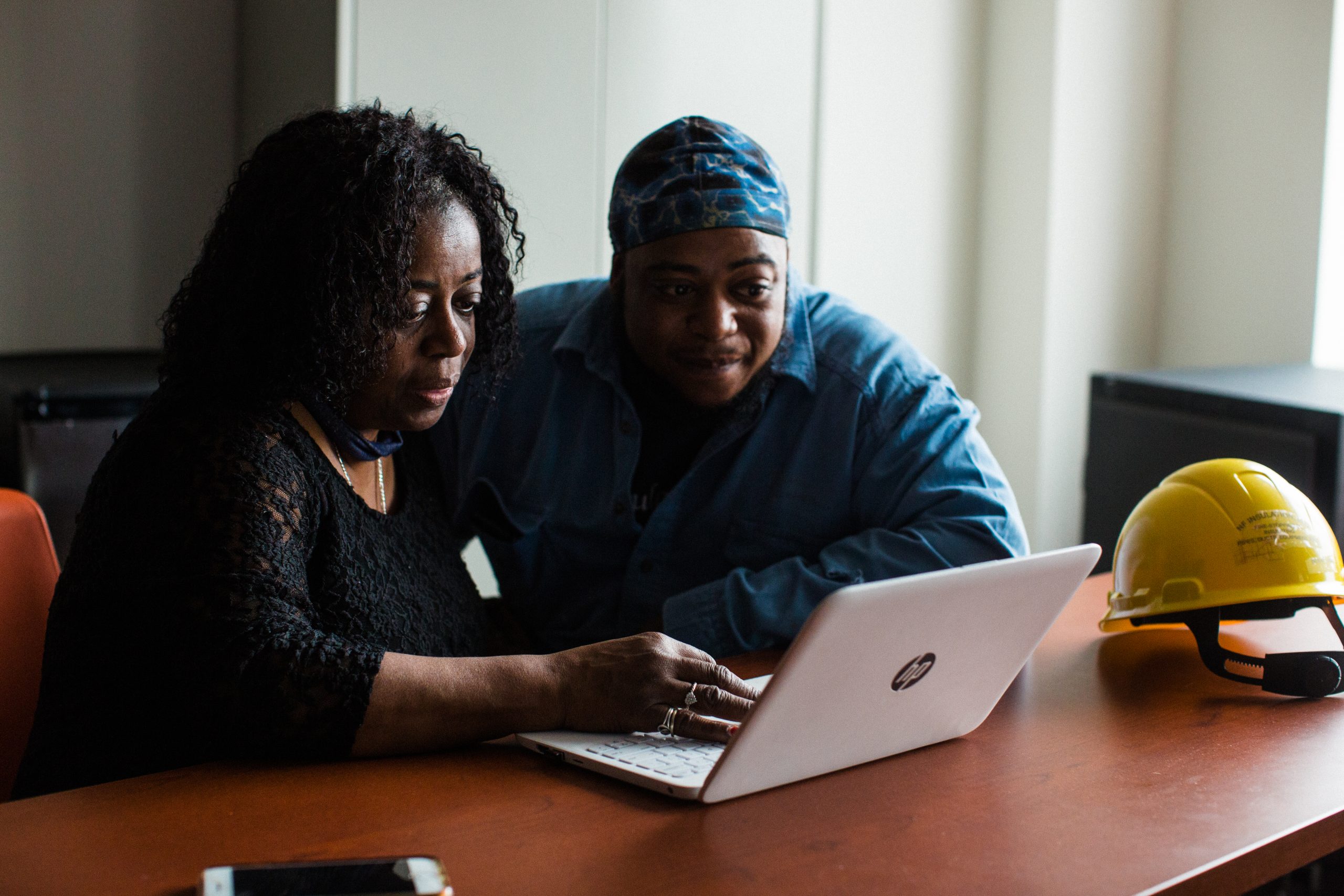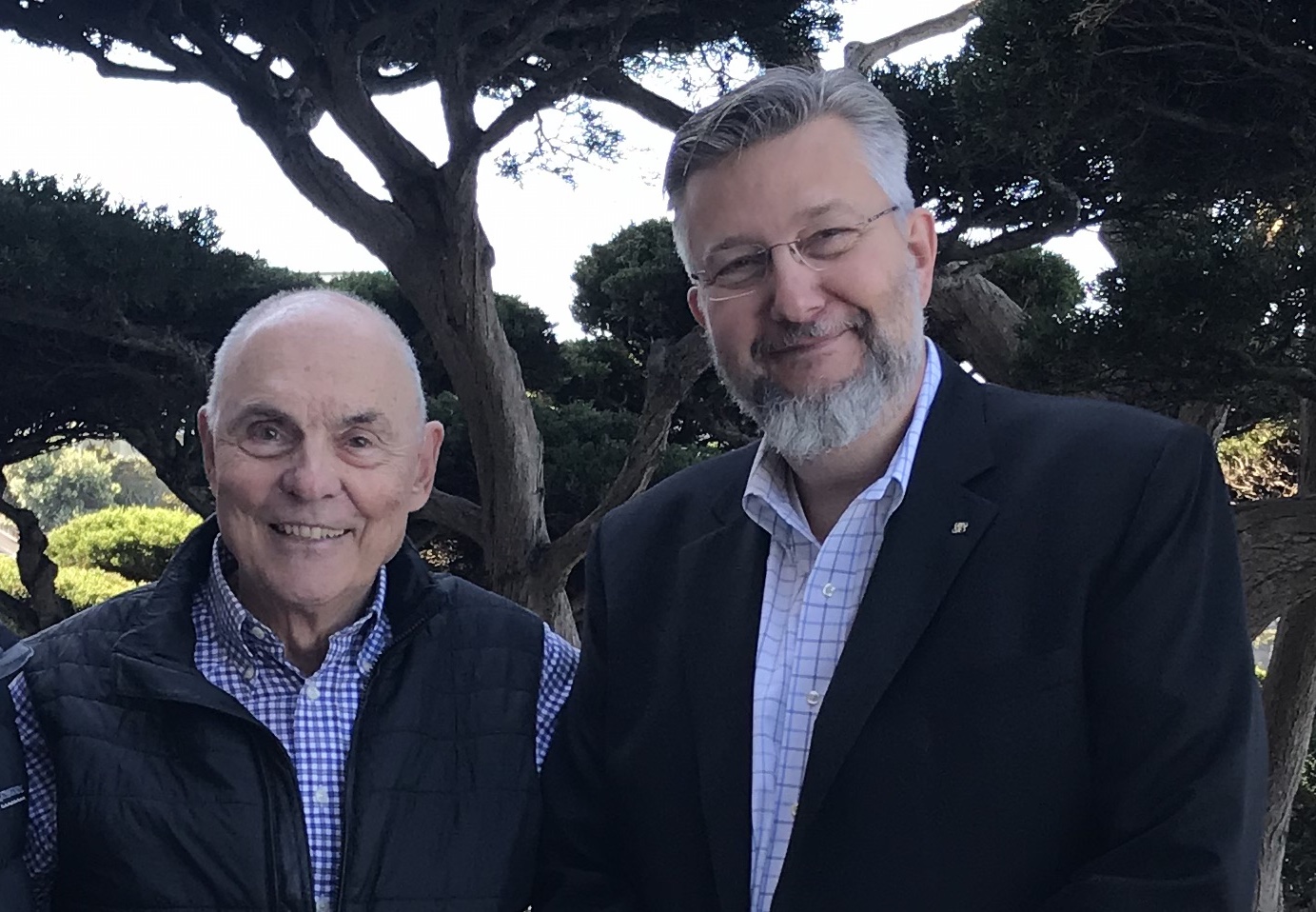When asked why he left an executive job at New York’s largest poverty-fighting nonprofit to become the executive director of the SkillUp coalition, Steven Lee tells a story.
It begins with a candid grantee. “She said, ‘Steve, I love the nonprofit you work for. And I like you. But here’s what I think philanthropy and government do well; they help people live better in poverty.’” She charged Lee to consider what is necessary to help people not just endure poverty, but escape it forever.
Lee’s interest was piqued, and he started research. He looked at poverty trends. He found that of those who are 30 now, half are worse off than their parents were at 30. “If you’re 25 now, what are your chances of being poor when you’re 60?” he asked. “The answer is that there is a high chance.”
He posits that only two things could turn these trends around. “One of them is education. The other is how we change labor-force dynamics.” He explains that the COVID-19 economic recovery is “K” shaped. And too many people are on the downward slope of the K. How can they get on the upward slope?
That’s why he took the opportunity to lead a broad coalition of employers, training and education providers, technology companies, and philanthropies committed to helping the estimated 40 million workers impacted by COVID-19.
Launched in July 2020, the SkillUp Coalition is designed to amplify nimble, community-based solutions. The coalition also includes established companies and organizations in workforce development like Walmart, Jobs for the Future, Per Scholas, eCornell, YearUp, and Goodwill Industries.
“Millions of the people who have been displaced from jobs due to COVID-19 have not been provided access to the opportunity to hone their skills and develop new ones that would grant access to more stable careers in the American economy,” says Gerald Chertavian, CEO and founder of Year Up. “We believe this coalition will help to close this significant part of the Opportunity Divide and are grateful to be a part of it.”
The coalition has built a website and platform, SkillUp.org, to offer workers individualized access to three things:
- Career guidance. Workers input their past experience, skills, and interests. They are then matched to fast-growing industries present in their local community.
- Upskilling opportunities. The worker is connected to free or low-cost local instruction pertinent to their matched industry.
- Local jobs. Finally, the individual is linked to local jobs accepting applicants.
Rather than guide workers back into their old jobs, SkillUp empowers workers to pursue high-growth opportunities tailored to their strengths, experience, and interests. The coalition intentionally highlights careers with the opportunity for individual advancement and high earnings. Topping that list are positions in health care, technology, business, skilled trades, and logistics.
“For too long we have all struggled with informational asymmetry: we the job-seekers do not know which careers best suit us or which industries will carry us forward into the future, and we the employers do not know which job candidates will perform best in roles specific to our locations, departments, shifts,” says Michael Rosenbaum, founder and CEO of partner company Arena Analytics.
Equally important, SkillUp connects workers with opportunities to earn credentials that are much faster than a traditional two- or four-year college degree, plus those that are easily combined to promote continued earnings growth. SkillUp highlights programs that are no- or low-cost, and is currently incorporating financial aid and partner-supported tuition options.
Maria Flynn, SkillUp board director and president and CEO of the partner organization Jobs for the Future, explains that the website is “a comprehensive, one-stop platform” for job seekers. While resources such as Indeed.com or Monster.com offer job postings, SkillUp is unique in bringing together all the pieces needed for workers to succeed including individualized coaching and advanced technology that connects workers to their aptitudes.
After two minutes on the SkillUp website, workers can access personalized career-training and job-placement opportunities. The coalition also helps workers stay the course through wraparound services like peer coaching.
The approach is especially designed for individuals making less than $40,000 a year, a population disproportionately comprised of women, people of color, and individuals who have not earned a four-year college degree.
“The coalition felt like there was a gap in the marketplace,” explains Lee. “This gap of what I call ‘wholesaler to retailer.’ You have retailers who do really good work on training, bootcamps, certification programs. What was missing are wholesalers that drive traffic, and the right kind of traffic, into the retail experience so educators can do their job the best they possibly can.”
In its first nine months, SkillUp has garnered 225,000 unique users on the platform and attracted 60 coalition partners who are positioned to expand the service to millions more. The immediate goal is to serve one million displaced workers by the end of 2021. Three localization sites are active in Los Angeles, Louisiana, and the Bay Area, with Reno and Central Florida coming soon. An additional 15-20 local sites are planned by the end of 2021.
To support this effort, the Coalition launched the SkillUp Together Fund in February 2021 with a goal to raise $30 million and benefit 30,000 displaced workers. These funds will go toward scholarships and learner support, even covering expenses like childcare. One hundred percent of donations to the SkillUpTogether Fund will go to those in need.
The Charles Koch Foundation partners with social entrepreneurs to drive societal progress through academic research and innovations that help all learners realize their potential. Read more about the Foundation’s support for education and economic opportunity.











